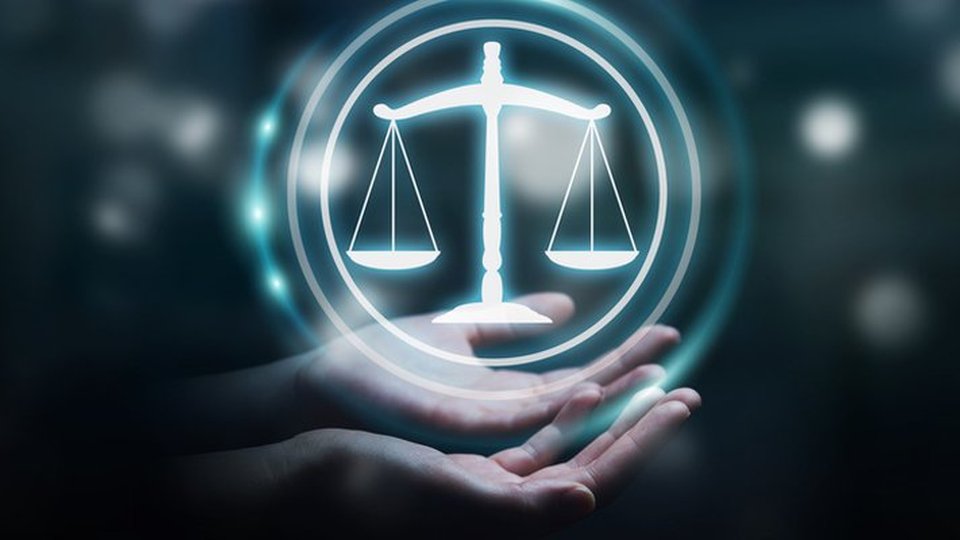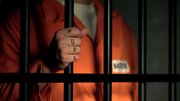Software
How to navigate the legal side of touchless technology
Many businesses are embracing touchless technology, but they may run into legal issues related to privacy if they don't cover their bases. Attorney Brian Weinthal shares some tips on how to adopt touchless without running into legal trouble.

September 21, 2020 by Bradley Cooper — Editor, ATM Marketplace & Food Truck Operator
(Editor's note: An earlier version of this article ran on Digital Signage Today, a Kiosk Marketplace sister publication.)
COVID-19 is continuing to make doing business more complicated, and companies are, in turn, looking for solutions that safely engage with customers and employees without exposing them to germs.
One such solution is touchless technology, which can either trigger content or interact with the user without any direct contact. For example, some businesses are looking at having kiosks or digital signage at the entrance that can use retinal scans to allow users access to a building.
 |
| Brian Weinthal (Image: LinkedIn) |
However, these technologies have opened up cans of legal uncertainty and some states already have laws on the book that can impact it, such as Illinois' Biometric Information Privacy Act. But no business wants to deploy new solutions only to run into legal trouble.
Brian Weinthal, an attorney and partner at Burke, Warren, MacKay & Serritella P.C., a Chicago based law firm, recently offered his take on how businesses can cover their bases when it comes to touchless technology and regulations.
Q. How will the Illinois Biometric Information Privacy Act affect businesses looking at touchless technology?
A. Any business that invests in touchless technology and operates in Illinois will need to be aware of whether the technology collects biometric information from the employees, customers or members of the general public who use it. In Illinois, biometric information includes fingerprints, voiceprints, retinal scans or scans of facial geometry (often referred to as facial recognition software). An example of this in the signage industry would be the use of fingerprints or retinal scans to gain access to buildings or to clock in or out of work.
Under BIPA, the collection of such information is highly regulated, and can result in substantial penalties for companies who collect biometric information without permission. Today, businesses can be fined up to $5,000 per violation. For a company that uses fingerprint technology to have employees clock in and out, plaintiffs argue that each finger print scan is considered a violation.
It is also critical to remember that even companies based outside of Illinois can be held liable under BIPA where the company collects biometric information within the geographic boundaries of the state, either in person or via the internet.
Q. What are some things businesses need to do to cover their bases?
A. Any business that collects biometric information in Illinois needs to first obtain the consent of the person whose biometric information is collected. The consent form, which can be electronic, must explain what biometric information is being collected and why such information is being retained. In addition, companies collecting biometric information must maintain a publicly available retention schedule that explains when any captured biometric information will eventually be deleted or destroyed.
Q. How can businesses adhere to regulations while also ensuring social distancing/mask-wearing with technology?
A. Businesses that collect biometric information face significant challenges during the COVID-19 pandemic. For example, any scanning devices that collect either fingerprints or retinal scans will need to be sanitized between uses. At the same time, businesses will need to find ways to demarcate appropriate social distancing if significant numbers of individuals are waiting to use this technology. Interestingly, the COVID-19 pandemic may also interfere or interrupt this technology for some, as is the case where a mask makes it difficult or impossible to capture facial recognition scans. If businesses require individuals to remove masks for some reason to conform to security requirements, those businesses will need to ensure that any mask removal occurs in an appropriately socially distant environment, lest they face complaints from those who subsequently become sick.
Q. Where do you see this regulation going in the future?
A. BIPA is apparently here to stay, as two different initiatives to limit the statute have both failed in the Illinois legislature. As such, alleged violations of the statute against businesses collecting biometric information will continue to grow at an exponential rate, with dozens of new class-action lawsuits being filed against Illinois and out-of-state companies each week.
For an update on how the pandemic is affecting the kiosk industry, click here.










